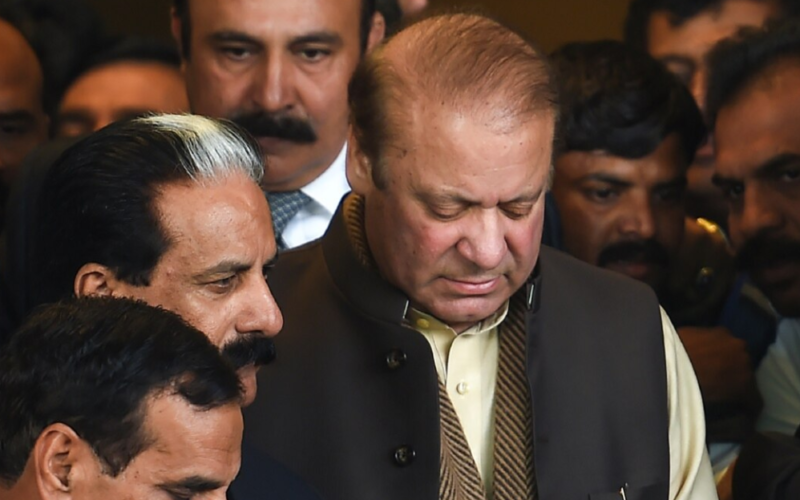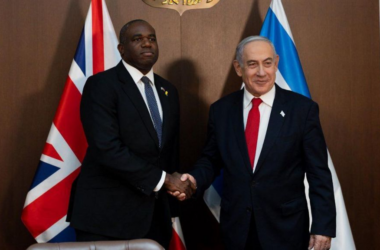In a significant legal development, a Pakistani court has granted bail to former Prime Minister Nawaz Sharif, who has been living in self-imposed exile. This decision comes as the ex-Prime Minister prepares for his much-anticipated return to Pakistan. This article delves into the details of the court’s decision and the implications it holds for the country’s political landscape.
Nawaz Sharif, a prominent political figure in Pakistan, has been residing in the United Kingdom for several years. He left the country amid corruption allegations and was subsequently convicted in a corruption case. With his conviction and subsequent medical treatment abroad, Sharif has remained a polarizing and influential figure in Pakistani politics.
The Lahore High Court’s decision to grant bail to Nawaz Sharif comes at a crucial juncture. It signifies a potential shift in Pakistan’s political dynamics, as it allows the former Prime Minister to return to the country and actively engage in politics. While on bail, Sharif is expected to face his legal battles in Pakistan.
The decision to extend bail to Sharif has sparked varied reactions across the country. Supporters of the former Prime Minister see this as a significant step towards his return and potential political resurgence. Sharif’s party, the Pakistan Muslim League-Nawaz (PML-N), has welcomed the court’s ruling, viewing it as an opportunity for Sharif to continue his political career.
Conversely, critics and political opponents have expressed concerns about the implications of Sharif’s return. They argue that his presence could further polarize an already divided political landscape in Pakistan. It remains to be seen how Sharif’s return will impact the balance of power among Pakistan’s political parties.
The decision also underscores the significance of the legal system in shaping Pakistan’s political landscape. Legal proceedings and court decisions often play a pivotal role in determining the fate of political leaders and their ability to participate in the country’s governance.
The bail granted to Nawaz Sharif is conditional, with the requirement that he returns to Pakistan and faces the pending legal cases against him. The ex-Prime Minister has expressed his intent to return to the country and confront the charges, setting the stage for a potentially dramatic homecoming.
As Nawaz Sharif prepares to return to Pakistan, the political atmosphere is expected to intensify. His presence and the legal battles that follow will undoubtedly have a considerable impact on the nation’s political landscape. Pakistan will be closely watching how this development shapes the future of its politics and governance.








